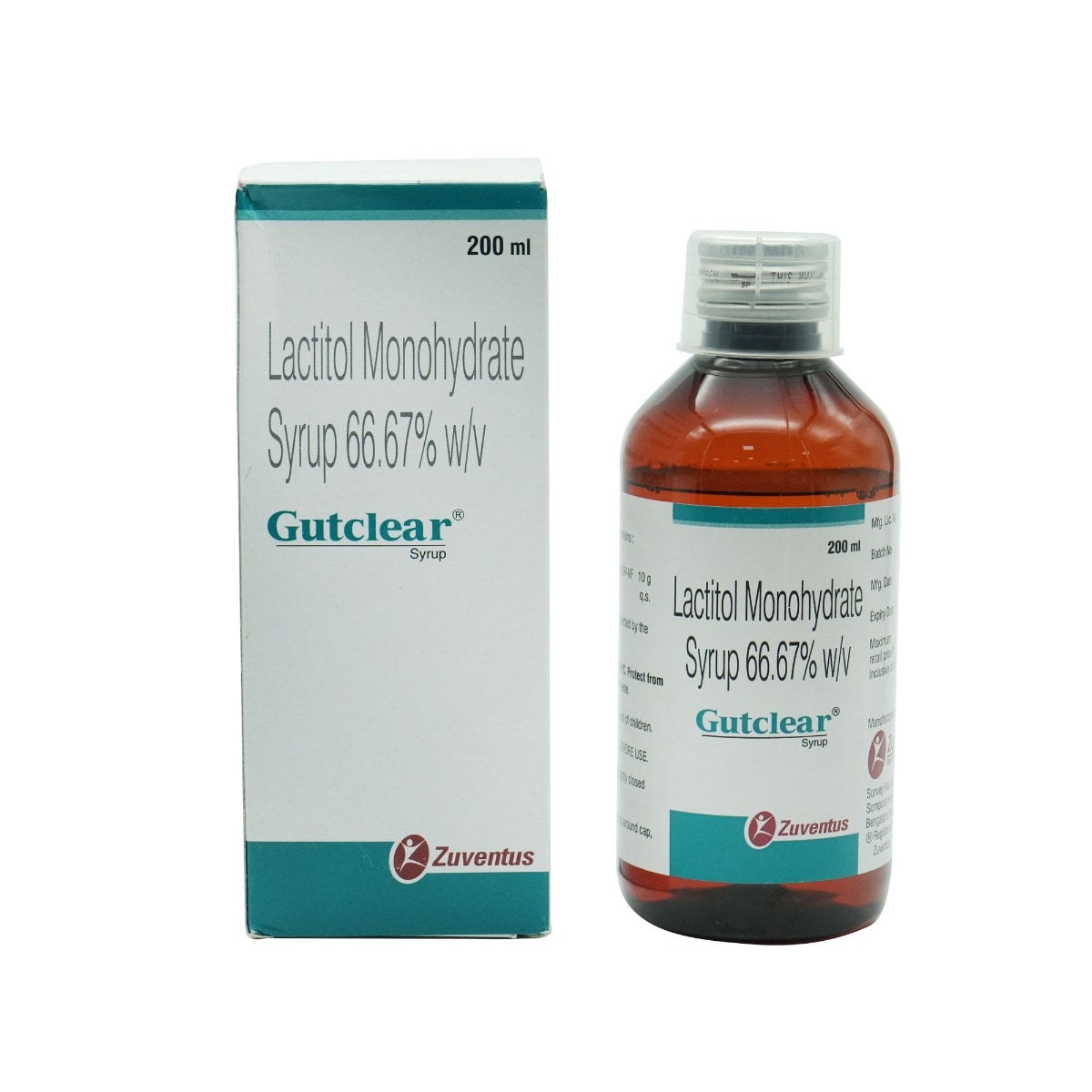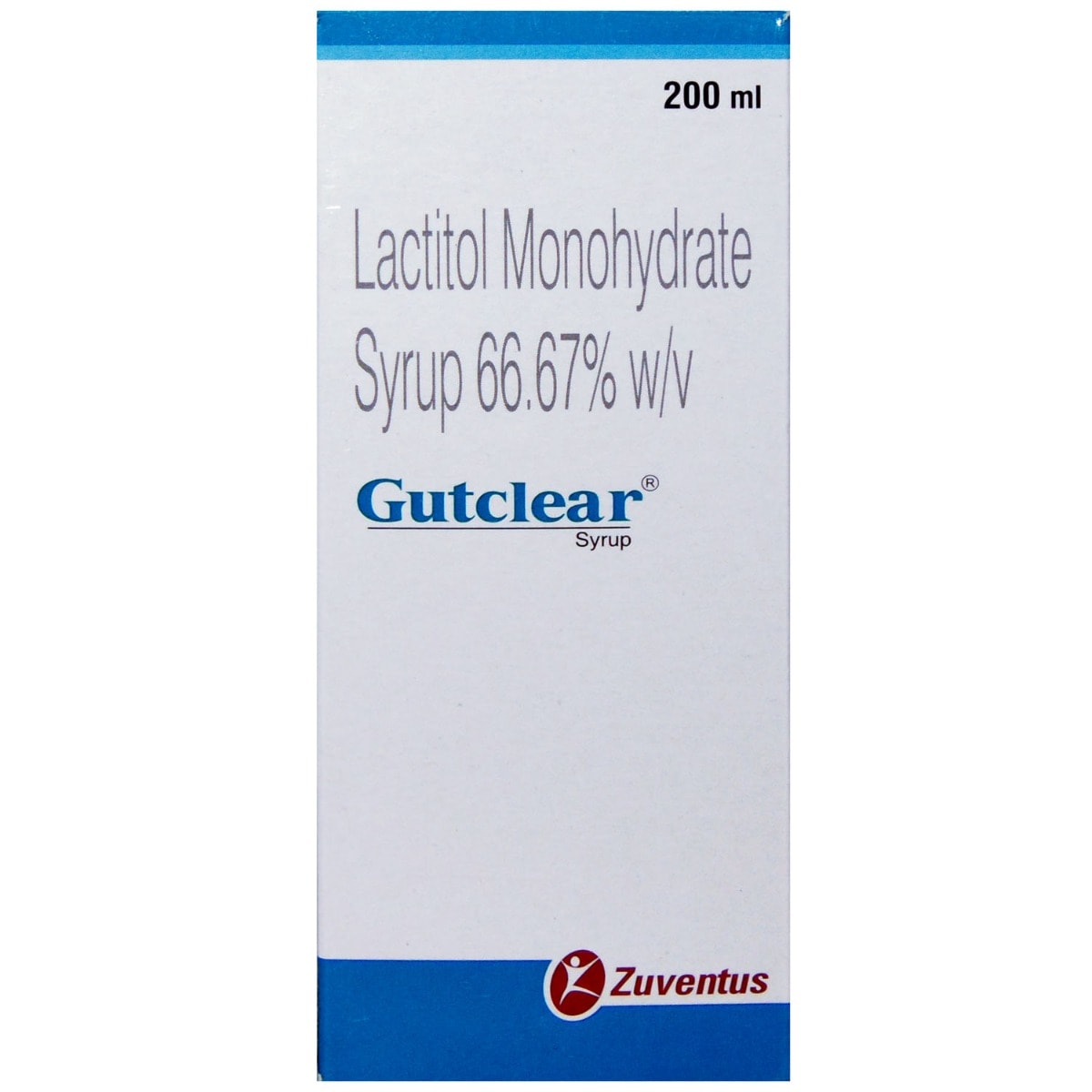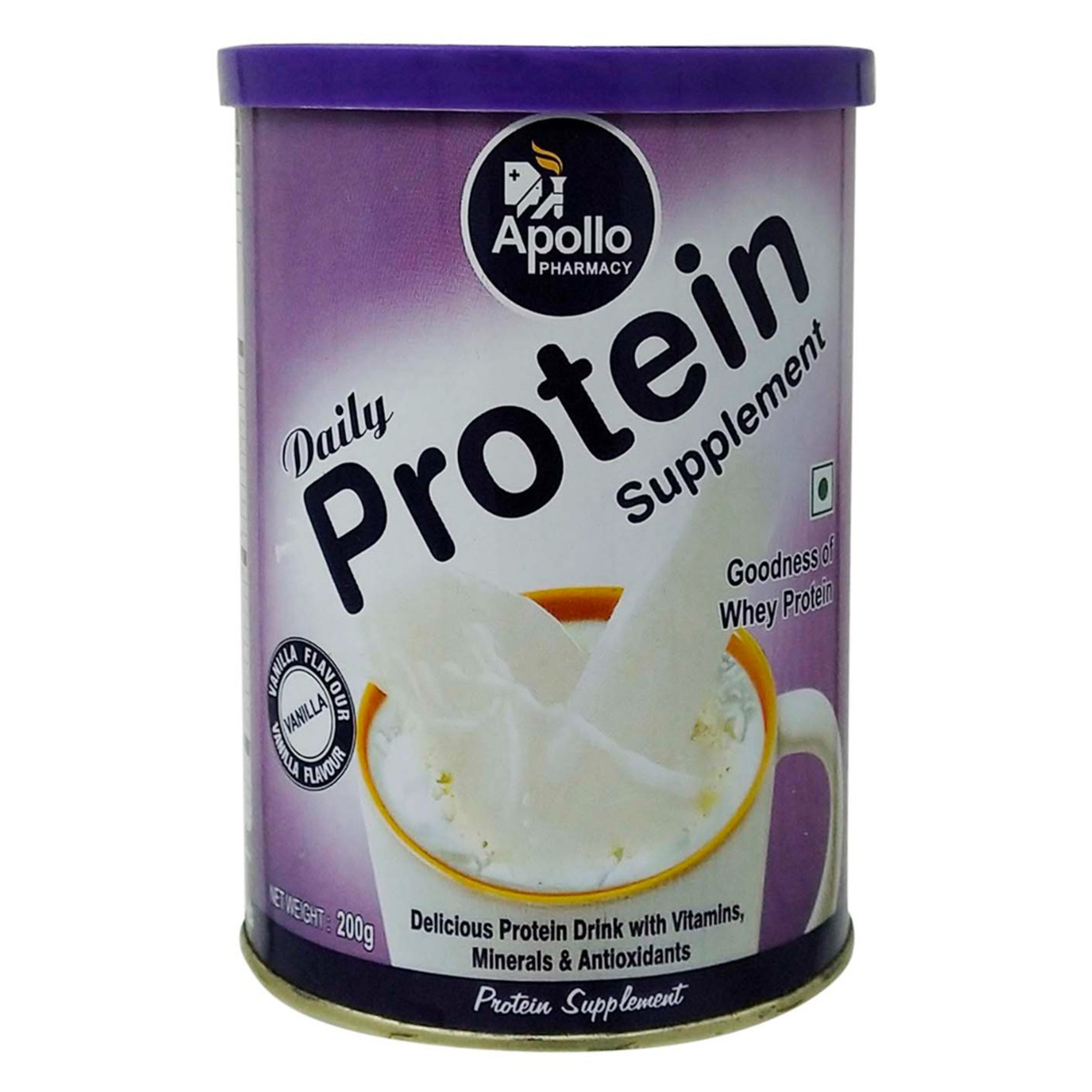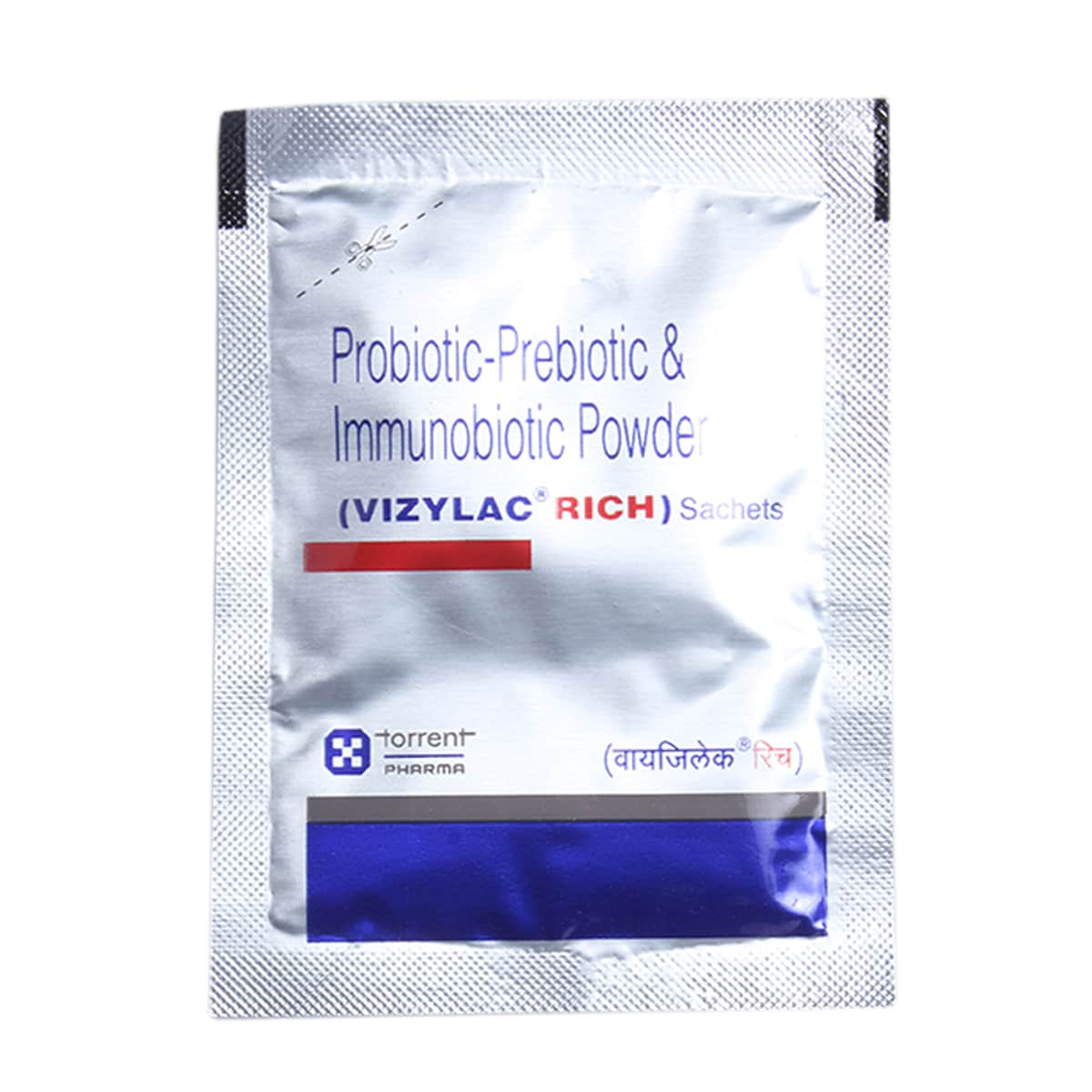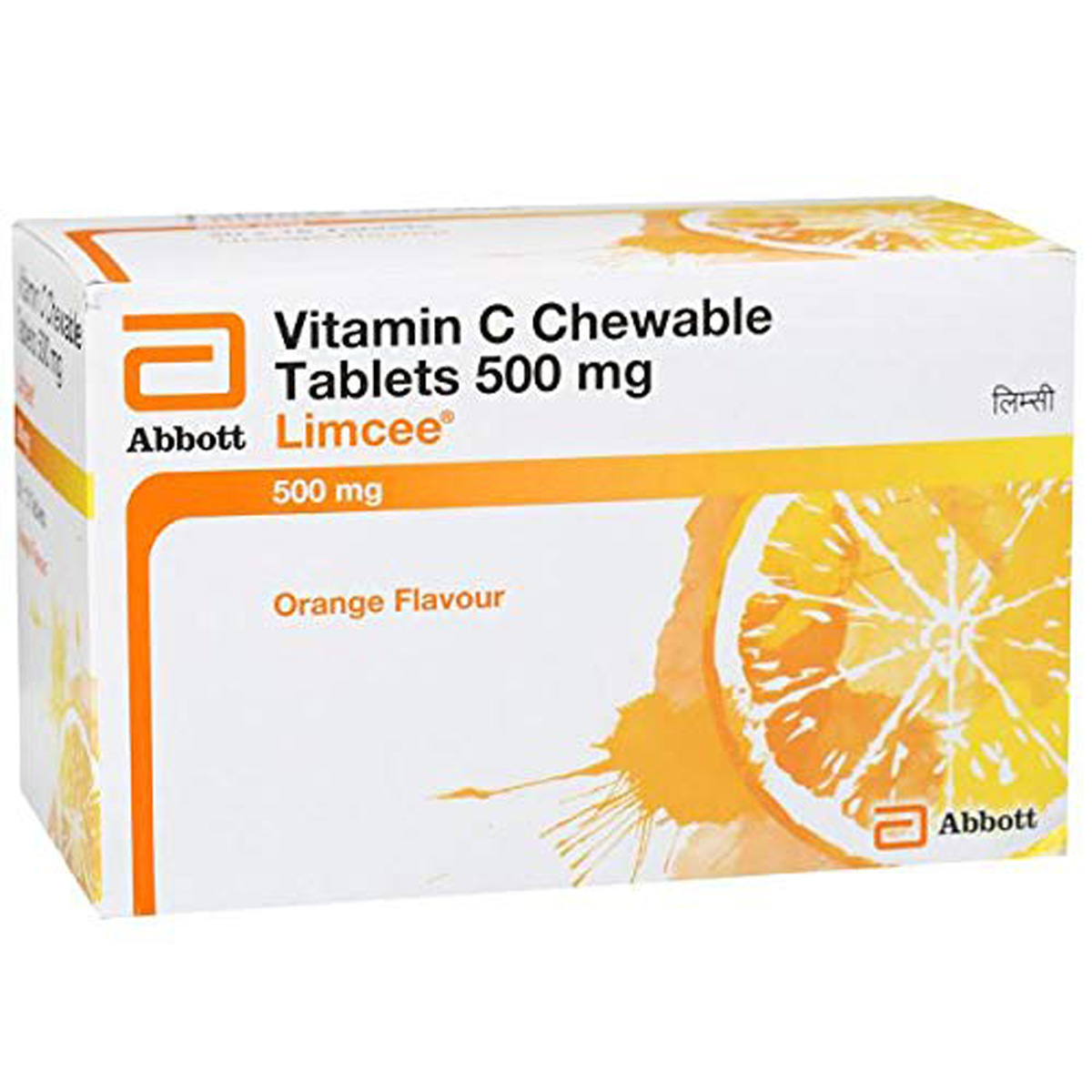Gutclear Syrup
MRP ₹322.5
(Inclusive of all Taxes)
₹48.4 Cashback (15%)
Therapeutic Class
Author Details
We provide you with authentic, trustworthy and relevant information
Drug-Drug Interactions Checker List
- NEOMYCIN
- DIGITALIS
- CARBENOXOLONE
- AMPHOTERICIN B
Drug-Drug Interactions
Drug-Drug Interactions
Login/Sign Up
Drug-Food Interactions
Drug-Food Interactions
Login/Sign Up
Drug-Diseases Interactions
Drug-Diseases Interactions
Login/Sign Up
Drug Warnings
Do not take Gutclear Syrup if you are allergic to any of its contents. Consult your doctor before taking Gutclear Syrup if you are pregnant or breastfeeding; your doctor will prescribe you Gutclear Syrup only if the benefits outweigh the risks. Do not take Gutclear Syrup in case of ileostomy or colostomy. Regularly monitor serum electrolytes, blood lactose, and blood glucose levels while taking Gutclear Syrup . Talk to your doctor if there is no bowel movement or if you find rectal bleeding after taking Gutclear Syrup . Do not take Gutclear Syrup if you have galactosemia (galactose indigestion disorder), intestinal obstruction, unexplained abdominal pain, or bleeding. Inform your doctor if you have diabetes, or if you have to undergo a colonoscopy. Do not take Gutclear Syrup for more than a week as it may cause dependency on Gutclear Syrup for a bowel movement.
Side Effects of Gutclear Syrup
- Flatulence (wind)
- Abdominal pain
- Abdominal cramps
- Indigestion
- Dehydration
Directions for Use
Medicinal Benefits Mweb
Key Benefits
Gutclear Syrup belongs to the group of medicines called laxatives used to treat constipation. Additionally, Gutclear Syrup is also used to prevent hepatic encephalopathy (decrease in brain function due to liver disease). Gutclear Syrup contains Lactitol (laxative). Lactitol is a disaccharide sugar. It works by breaking down into low-molecular-weight organic acids in the colon, which increases the osmotic pressure. This causes an increase in water content in stools, and stool volume, thereby makes the stool softer and more comfortable to pass and provides relief from constipation. In patients with hepatic encephalopathy, lactitol lowers the colon pH, thereby suppresses the absorption of unionized ammonia and other toxins. It also enhances nitrogen excretion through feces.
Uses of Gutclear Syrup
About Gutclear Syrup
Gutclear Syrup belongs to the group of medicines called laxatives used to treat constipation. Additionally, Gutclear Syrup is also used to prevent hepatic encephalopathy (decrease in brain function due to liver disease). Constipation refers to infrequent bowel movements in which the stools are often dry, painful and hard to pass. Hepatic encephalopathy is a liver disease in which the liver does not remove the toxins from the body, which leads to loss of brain function.
Gutclear Syrup contains Lactitol a disaccharide sugar that breaks down into low-molecular-weight organic acids in the colon, increasing the osmotic pressure. This causes an increase in water content in stools, and stool volume, thereby makes the stool softer and more comfortable to pass and provides relief from constipation. In patients with hepatic encephalopathy, lactitol lowers the colon pH, thereby suppresses the absorption of unionized ammonia and other toxins. It also enhances nitrogen excretion through faeces.
You are advised to take Gutclear Syrup for as long as your doctor has prescribed it for you depending on your medical conditions. In some cases, you may experience certain common side-effects such as abdominal distension, cramps, and flatulence (gas). Most of these side-effects do not require medical attention and will resolve gradually over time. However, you are advised to talk to your doctor if you experience these side-effects persistently.
To treat your condition effectually, continue taking Gutclear Syrup for as long as your doctor has prescribed. Drink plenty of fluids (at least 6-8 glasses) while taking Gutclear Syrup . Consult your doctor before taking Gutclear Syrup if you are pregnant or breastfeeding, your doctor will prescribe you Gutclear Syrup only if the benefits outweigh the risks. Inform your doctor if there is no bowel movement or if you find rectal bleeding after taking Gutclear Syrup . Do not take Gutclear Syrup for more than a week as it might cause dependency on Gutclear Syrup for a bowel movement.
Online payment accepted
know your delivery time
Provide Delivery Location
Author Details
We provide you with authentic, trustworthy and relevant information
Therapeutic Class
All Substitutes & Brand Comparisons
RX
Out of StockLacrelax 200Ml Syp
FDC Ltd
₹155
(₹0.7/ 1ml)
51% CHEAPERRX
Out of StockExitol Syrup
Anglo French Drugs & Industries Ltd
₹210
(₹0.76/ 1ml)
47% CHEAPERRX
Out of StockAqualac Syrup 200 ml
Sun Pharmaceutical Industries Ltd
₹180.5
(₹0.81/ 1ml)
44% CHEAPER
- Eat smaller, more frequent meals.
- Eat slowly and chew your food thoroughly to help digestion.
- Eat fiber-rich foods such as fruits, whole grains, and vegetables to promote regular bowel movements.
- Avoid gas-producing foods like cabbage, beans, broccoli and carbonated drinks.
- Drink lots of water throughout the day to prevent dehydration and aid digestion.
- Do regular exercise to enhance digestion and reduce bloating.
- Drink water or other clear fluids.
- To prevent worsening of pain, limit intake of tea, coffee, or alcohol.
- Include bland foods like rice, toast, crackers, and rice in your diet.
- Avoid lying down immediately after eating as it may cause indigestion or heartburn.
- Avoid acidic and spicy food as it may cause indigestion.
- Tell your doctor about your GAS symptoms. They may change your medication regimen or prescribe additional drugs to help you manage them.
- To manage GAS symptoms, eat a balanced diet of fibre, vegetables, and fruits.
- Drink enough water throughout the day to avoid constipation and treat GAS symptoms.
- Regular exercise like yoga and walking may help stimulate digestion and alleviate GAS symptoms.
- Take probiotics only if your doctor advises, as they may help alleviate GAS symptoms by promoting gut health.
- Take medication for GAS symptoms only if your doctor advises, as certain medications can interact with your existing prescriptions or worsen symptoms.
- If symptoms persist, worsen, or are accompanied by severe abdominal pain, vomiting, or bleeding, seek immediate medical attention.
- Increased creatinine levels must be corrected immediately with the help of a doctor.
- Reduce strenuous activities that can lead to muscle breakdown and production of creatinine.
- Sleep for 7-8 hours per night to assist your body in repairing and rebuilding tissue.
- Manage your blood pressure by implementing changes in lifestyle like losing weight, reducing stress and exercising regularly.
- Avoid smoking and drinking alcohol.
- Inform your doctor about the medication you're taking and the UTI symptoms you're experiencing.
- Your doctor may adjust your medication regimen or consider alternative medications or dosages that may reduce the risk of UTIs.
- Drink plenty of water (at least 8-10 glasses a day) to help flush out bacteria. Avoid sugary drinks and caffeine, which can exacerbate UTI symptoms.
- Urinate when you feel the need rather than holding it in. This can help prevent bacterial growth and reduce the risk of UTIs.
- Consider cranberry supplements: Cranberry supplements may help prevent UTIs by preventing bacterial adhesion.
- Monitor UTI symptoms and report any changes to your doctor.
- If antibiotics are prescribed, take them as directed and complete the full course.
- Inform your doctor about the symptoms you're experiencing due to medication.
- Your doctor may adjust your treatment plan, which could include changing your medication, adding new medications, or offering advice on managing your symptoms.
- Practice good hygiene, including frequent handwashing, avoiding close contact with others, and avoiding sharing utensils or personal items.
- Stay hydrated by drinking plenty of fluids to help loosen and clear mucus from your nose, throat, and airways.
- Get plenty of rest and engage in stress-reducing activities to help your body recover. If your symptoms don't subside or worsen, consult your doctor for further guidance.

Have a query?
Verified Buyers Reviews
Side Effects
- Bloating And Swelling Of The Abdomen
- Stomach Pain
- Gas Or Fart
- High Levels Of Creatinine In The Blood
- Urinary Tract Infection
- Common Cold
Consult you doctor in case you face the following side effects
- High Blood Pressure
If any of the above side effects continue or intensify, seek medical advice. Professional guidance may be necessary for appropriate care and treatment adjustments.

